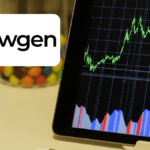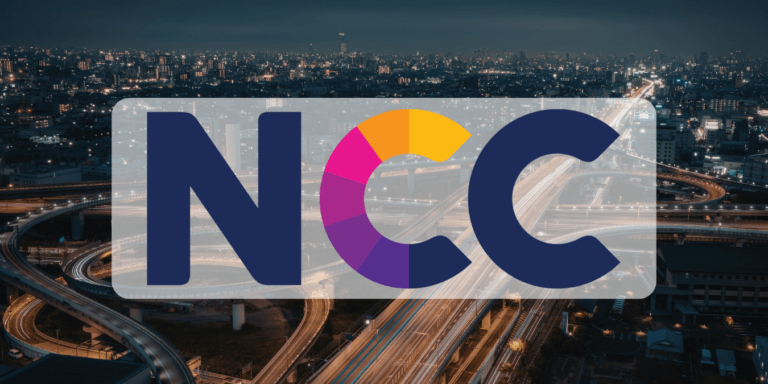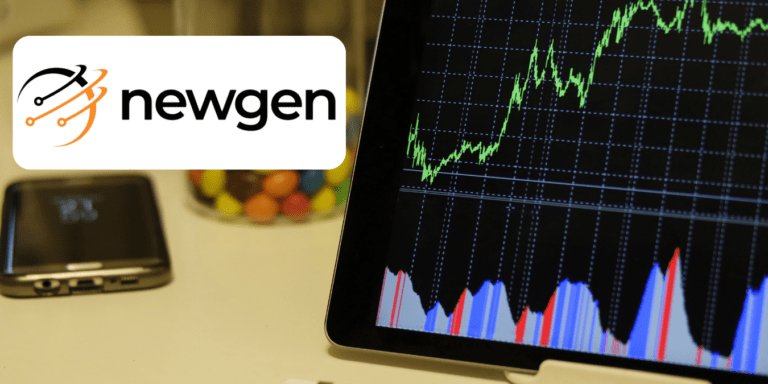
” What keeps employees loyal to their company. Learn about competitive compensation, work-life balance, career growth, workplace culture, and more. Explore actionable strategies and latest trends to boost employee retention and build a loyal, engaged workforce. “
In today’s competitive job market, retaining top talent has become a critical challenge for organizations worldwide. With the rise of remote work, the Great Resignation, and shifting employee expectations, companies are under immense pressure to create environments that foster loyalty and engagement. But what exactly keeps employees loyal to their company? Is it the salary, the culture, or something deeper? In this comprehensive guide, we’ll explore the latest data, trends, and strategies to help you understand and improve employee loyalty.
Why Employee Loyalty Matters More Than Ever
Employee loyalty is no longer just a “nice-to-have” – it’s a business imperative. According to a report by Gallup, companies with highly engaged and loyal employees experience 21% higher productivity and 22% higher profitability. Additionally, replacing an employee can cost 6 to 9 months of their salary, making retention a cost-effective strategy.
The pandemic has fundamentally reshaped the workplace, with employees now prioritizing flexibility, purpose, and well-being over traditional perks. A study by Microsoft’s Work Trend Index revealed that 52% of employees are considering a job change , highlighting the urgency for companies to rethink their retention strategies.
Key Factors That Keep Employees Loyal to Their Company
1. Competitive Compensation and Benefits
While money isn’t everything, it’s still a significant factor in employee loyalty. According to a survey by Payscale, 68% of employees said they would stay with their current employer if they felt fairly compensated. However, compensation goes beyond just salary. Employees today value comprehensive benefits packages, including:
- Health insurance
- Retirement plans
- Paid time off
- Mental health support
- Student loan repayment assistance
Companies like Google and Salesforce are leading the way by offering unique perks such as wellness stipends, childcare support, and even pet insurance. These benefits not only attract talent but also foster long-term loyalty.
2. Work-Life Balance and Flexibility
The pandemic has permanently altered how employees view work-life balance. A report by Buffer found that 98% of remote workers want to continue working remotely, at least part-time, for the rest of their careers. Flexibility has become a non-negotiable for many employees, with 43% of workers citing it as a top reason for staying loyal to their employer.
Companies that embrace hybrid work models, flexible schedules, and unlimited PTO are more likely to retain their workforce. For example, tech giant HubSpot has implemented a “work-from-anywhere” policy, allowing employees to choose where and how they work.
3. Career Growth and Development Opportunities
Employees want to feel like they’re growing and advancing in their careers. According to LinkedIn’s 2023 Workplace Learning Report, 94% of employees would stay at a company longer if it invested in their career development. This includes:
- Access to training programs
- Mentorship opportunities
- Clear career progression paths
- Tuition reimbursement
Companies like Amazon have set the standard by offering upskilling programs like Amazon Technical Academy, which helps employees transition into high-demand tech roles. By investing in employee growth, organizations not only boost loyalty but also build a more skilled workforce.
4. Positive Workplace Culture
A toxic work environment is one of the fastest ways to drive employees away. On the flip side, a positive workplace culture can be a powerful retention tool. A 2023 study by Glassdoor found that 56% of employees prioritize company culture over salary when deciding to stay with an employer.
Key elements of a positive culture include:
- Inclusive and diverse environments
- Strong leadership and communication
- Recognition and appreciation
- Collaborative and supportive teams
Companies like Zappos and Netflix are renowned for their exceptional cultures, which emphasize transparency, empowerment, and employee well-being.
5. Purpose and Alignment with Company Values
Today’s employees want to work for organizations that align with their personal values and contribute to a greater purpose. A survey by Deloitte revealed that 79% of millennials and 76% of Gen Z employees are more loyal to companies that prioritize social and environmental responsibility.
Organizations like Patagonia and Ben & Jerry’s have built loyal workforces by embedding purpose into their business models. Whether it’s through sustainability initiatives, charitable giving, or ethical practices, companies that demonstrate a commitment to making a difference are more likely to retain employees.
6. Recognition and Rewards
Feeling valued and appreciated is a fundamental human need, and it’s no different in the workplace. A study by Achievers found that 63% of employees who feel recognized are unlikely to look for a new job. Recognition doesn’t have to be extravagant – even small gestures like a thank-you note or a shout-out in a team meeting can make a big impact.
Companies like Google and Adobe have implemented innovative recognition programs, such as peer-to-peer recognition platforms and performance-based bonuses, to keep employees motivated and loyal.
7. Strong Leadership and Trust
Employees want to work for leaders they trust and respect. A report by Edelman found that 81% of employees say trust in their employer is a key factor in their decision to stay with a company. Trust is built through:
- Transparent communication
- Consistent follow-through on promises
- Empathy and support
- Accountability and integrity
Leaders who prioritize open dialogue, actively listen to employee concerns, and lead by example are more likely to inspire loyalty.
8. Job Security and Stability
In an uncertain economic climate, job security is a top priority for employees. A survey by PwC found that 71% of workers are more likely to stay with an employer that offers stability and long-term growth opportunities. Companies that provide clear communication about their financial health, future plans, and organizational changes can help alleviate employee anxiety and build trust.
The Role of Technology in Employee Loyalty
Technology is playing an increasingly important role in fostering employee loyalty. From AI-powered HR platforms to employee engagement tools, companies are leveraging technology to create personalized and seamless experiences for their workforce. For example:
- Employee Engagement Platforms: Tools like Slack and Microsoft Teams facilitate communication and collaboration, especially in remote and hybrid environments.
- Learning Management Systems (LMS): Platforms like Coursera and Udemy for Business provide employees with access to on-demand training and development resources.
- Recognition Software: Apps like Bonusly and Kudos enable real-time recognition and rewards, boosting morale and engagement.
How to Measure Employee Loyalty
To improve employee loyalty, you first need to measure it. Key metrics to track include:
- Employee Net Promoter Score (eNPS): Measures how likely employees are to recommend your company as a place to work.
- Retention Rates: Tracks the percentage of employees who stay with your company over time.
- Engagement Scores: Assesses how invested employees are in their work and the organization.
- Exit Interview Data: Provides insights into why employees leave and what can be improved.
Actionable Strategies to Boost Employee Loyalty
- Conduct Regular Stay Interviews: Instead of waiting for exit interviews, proactively ask employees what keeps them at your company and what could be improved.
- Invest in Employee Well-Being: Offer mental health resources, wellness programs, and work-life balance initiatives.
- Foster a Culture of Recognition: Implement formal and informal recognition programs to celebrate employee achievements.
- Provide Clear Career Paths: Work with employees to create individualized development plans and growth opportunities.
- Embrace Flexibility: Offer remote work options, flexible schedules, and autonomy to meet employees’ evolving needs.
- Communicate Transparently: Keep employees informed about company goals, challenges, and successes.
- Align with Employee Values: Demonstrate a commitment to social responsibility and sustainability.
Building Loyalty in the Modern Workplace
Employee loyalty is not a one-size-fits-all concept. It requires a holistic approach that addresses compensation, culture, growth, and purpose. By understanding what keeps employees loyal and implementing strategies to meet their needs, companies can create a loyal, engaged, and high-performing workforce.
The organizations that prioritize employee loyalty will not only retain top talent but also thrive in an increasingly competitive and dynamic business landscape. Start investing in your employees today – because loyal employees are the foundation of long-term success.
-
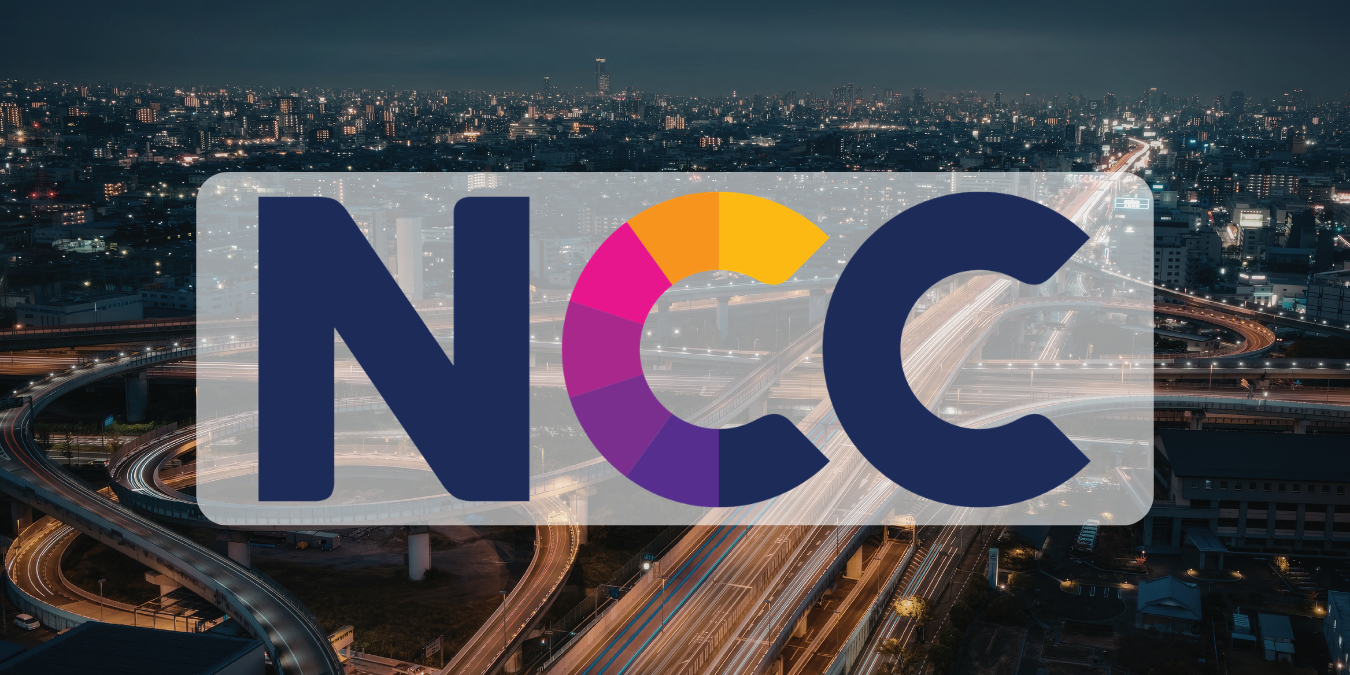
NCC Shares Crash 10% After NHAI Bans Firm from Tenders for Two Years
-

Hungary and Slovakia Halt Diesel Exports to Ukraine Amid Oil Transit Dispute: What It Means for Europe’s Energy Future
-

Arrest Of Britain’s Ex-Prince Andrew Sparks Global Outrage: What Really Happened and Why It Matters
-
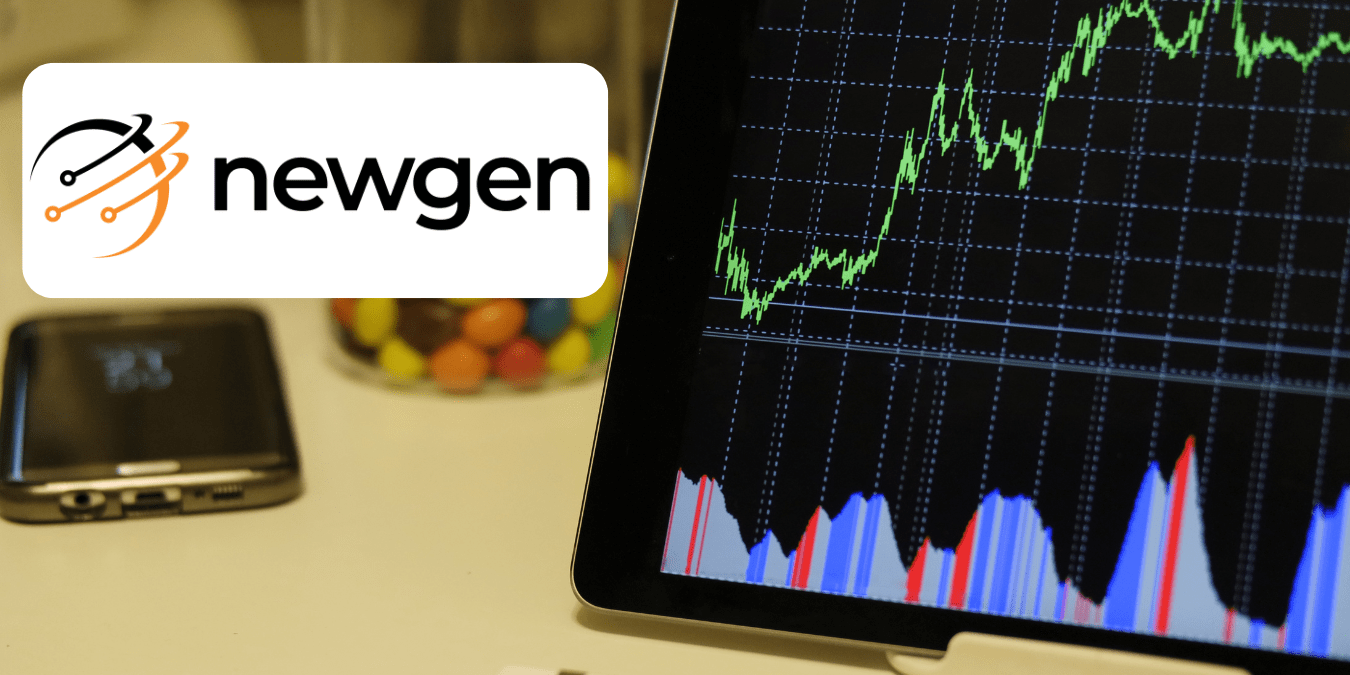
Newgen Software Share Price Surges 18% After Q3 FY26 Results























